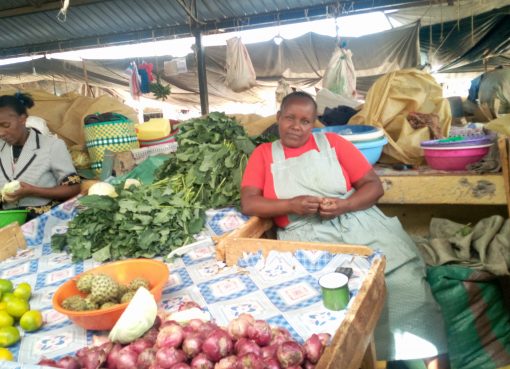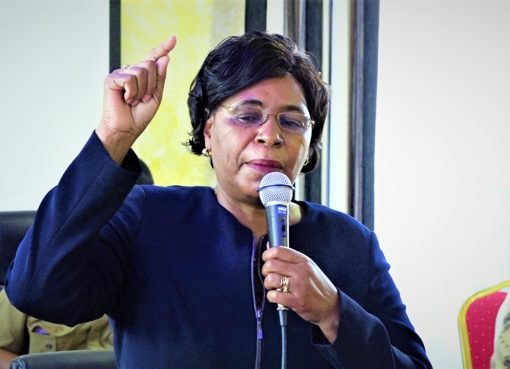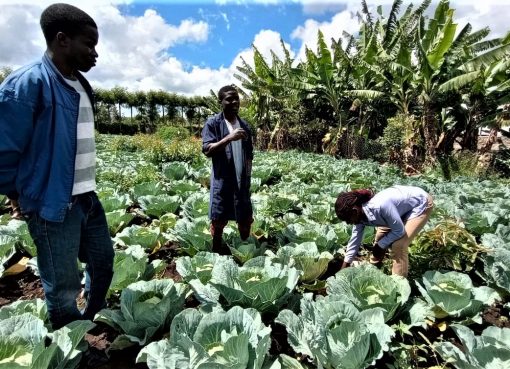Stakeholders in the health sector have partnered in a bid to avert possible cholera outbreak during the anticipated rainy season.
Red Cross, Afya Jiji, Population Services in Kenya (PSK) and other health departments want to join hands to sensitize Nairobians on the importance of proper hygiene and its role in preventing cholera.
Speaking today in Nairobi, Lilian Mutua a Health Promotion Officer (HPO) said that currently, Narok and Kajiado County have reported cholera cases which placed Nairobi at risk of a possible outbreak of the waterborne disease.
According to Mutua, more than 100 cases of cholera have been reported in Narok County since January but they have been controlled.
“Before and during rainy seasons Nairobi has been experiencing suspected cases of cholera and we need to take precautions,” said Mutua.
She added that they were aiming at engaging and empowering individuals and communities to practice appropriate health behaviours that will reduce the risk of developing diseases and also reduce the costs that individuals and nation would spend on medical treatment.
“Information, collaboration with other sectors, implementation of policies to address on cholera and surveillance of the community are some of the ways that Kenyans can help prevent cholera,” highlighted Mutua.
A Health Officer from Afya Jiji Juliana Ngei said that additional days should be put into consideration to help support the distribution of aqua taps.
“Land is one of the biggest challenges that we are facing. There was a time that we wanted to construct toilets in Embakasi but we could not since there was no space to build and this encourages open defecation in the villages,” said Ngei.
She further said that as a group, they have been supporting community dialogue, sanitation dialogue in the villages and schools, action bins like disinfection of trenches and sewer lines and water treatment distribution like aqua taps at county levels. They also encourage water sampling by using water testing sticks.
Dagoretti health promotion officer Nelly Otieno said that in 2017, men were the most affected by cholera followed by children then women.
She therefore urged that more emphasis be put in schools to encourage hand washing with clean water and soap.
“Many bodaboda riders do not bother about washing hands while eating. They buy foods and fruits and eat them without washing hands,” said Otieno.
Cholera is a water-borne disease which is caused by unhygienic practices and consuming untreated water.
By Mary Seleyian and Joseph Ng’ang’a




